If you’re a sports fan, you probably watched this year’s Summer Olympics in Paris. These Olympics brought many exciting moments, from breakout American gymnastics and rugby stars like Stephen Nederosik and Illona Maher to standout Turkish athletes such as sharpshooter Yusuf Dikec. The Olympic events weren’t just confined to Paris, though. Olympic venues extended as far as Tahiti, where surfing was broadcasted. A little closer to Paris, in the south of France, sailors from all over the world traveled to Marseille to compete at the highest level.
One of these sailors was America’s Sarah Newberry Moore. Sarah grew up in Miami and discovered sailing through her family. She began sailing at eight when her parents put her into a summer camp. She disliked the sport and quit. Despite her initial hesitation, Newberry Moore picked the sport back up in middle school at Cushman and quickly fell in love with the water. She continued to compete throughout her childhood, eventually moving to the Nacra. The Nacra 17, a multi-hulled foiling boat, is a popular class due to its high speed and competitive racing.
By the time she reached college, she was racing competitively and showing great promise. After working as a graphic designer post-graduation, she made the life-changing decision to pursue sailing full-time. “It was a practical decision,” Newberry Moore shared. “I knew I couldn’t make enough money to do it as a hobby, so I made the choice to pursue what I loved and was really good at.”
Preparations for the Olympics began four years prior for Newberry Moore. Conditions are constantly changing, affecting priorities when sailing, making training difficult. One has to take into account direction, current, and so much more. Newberry Moore and her team had to regularly test their equipment and she made a comparison to bobsledding in the Winter Olympics. “Similar to bobsledding; you have to test the equipment early and regularly enough to make sure that everything works and is fast.”
At the 2024 Paris Olympics, Newberry Moore’s journey reached new heights. “Sailing is a sport that requires a lot of time on the racetrack,” she explained. “We were in Marseille for four months before the games started, and there were so many powerful moments leading up to it.” One particularly memorable experience occurred a month before the Games, when Newberry Moore and her teammate David Liebenberg raised the American flag on their spinnaker sail, with the city of Marseille as a backdrop. “It was a moment of realization. This is why we’re here.”
Beyond the fanfare, there were also quiet, human moments that stood out. Newberry Moore described riding the bus with fellow Team USA athletes, learning about different sports and building connections. “It’s really powerful to understand the nuance of what other athletes do,” she reflected. These exchanges of expertise highlighted the common dedication and sacrifice that all Olympic athletes share, regardless of their sport.
Representing the U.S. at the Olympics was empowering for Newberry Moore. “It’s an honor,” she said. “I felt like I wanted to give everything I had because this is it.” The emotional weight of that responsibility was intense, but Newberry Moore channeled her mindset training and self-regulation techniques, such as breath work, to stay grounded. “At this level, mindset training is crucial,” she emphasized.
However, Newberry Moore’s journey has not been without challenges. She recalls losing the Olympic trials as one of the most difficult experiences of her career. Another major hurdle came after becoming a mother, as she navigated the demands of motherhood alongside her training. “Being a full-time athlete while advocating for myself, my son, and my family was a steep learning curve,” she admitted. “I had to convince all the men around me of all the things that I needed.” Despite these challenges, Newberry Moore’s perseverance paid off when she and her team made it to the 2024 Olympics.
Newberry Moore serves as an inspiration not just for sailors, but for all women, as a symbol of resilience and perseverance.




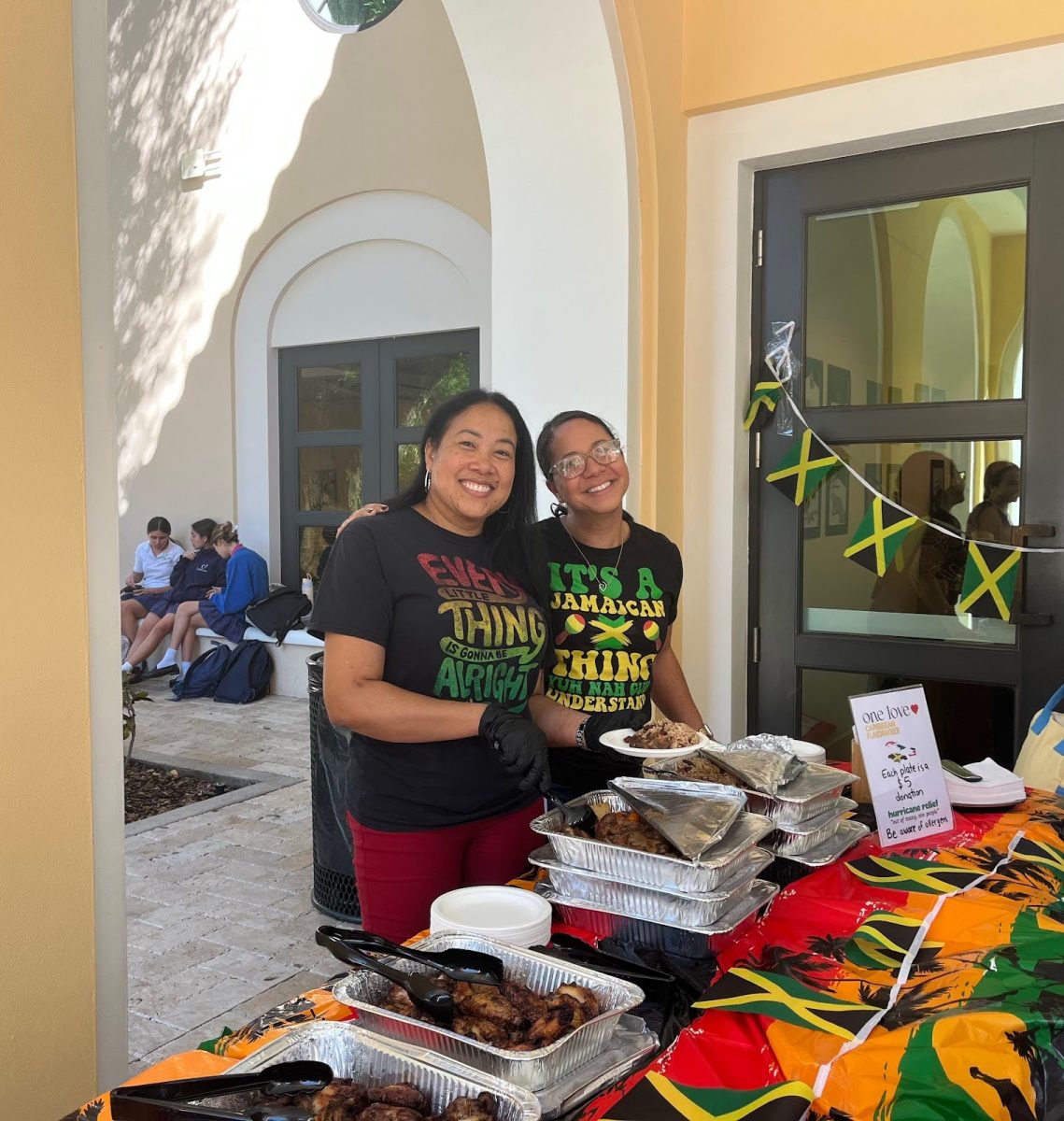





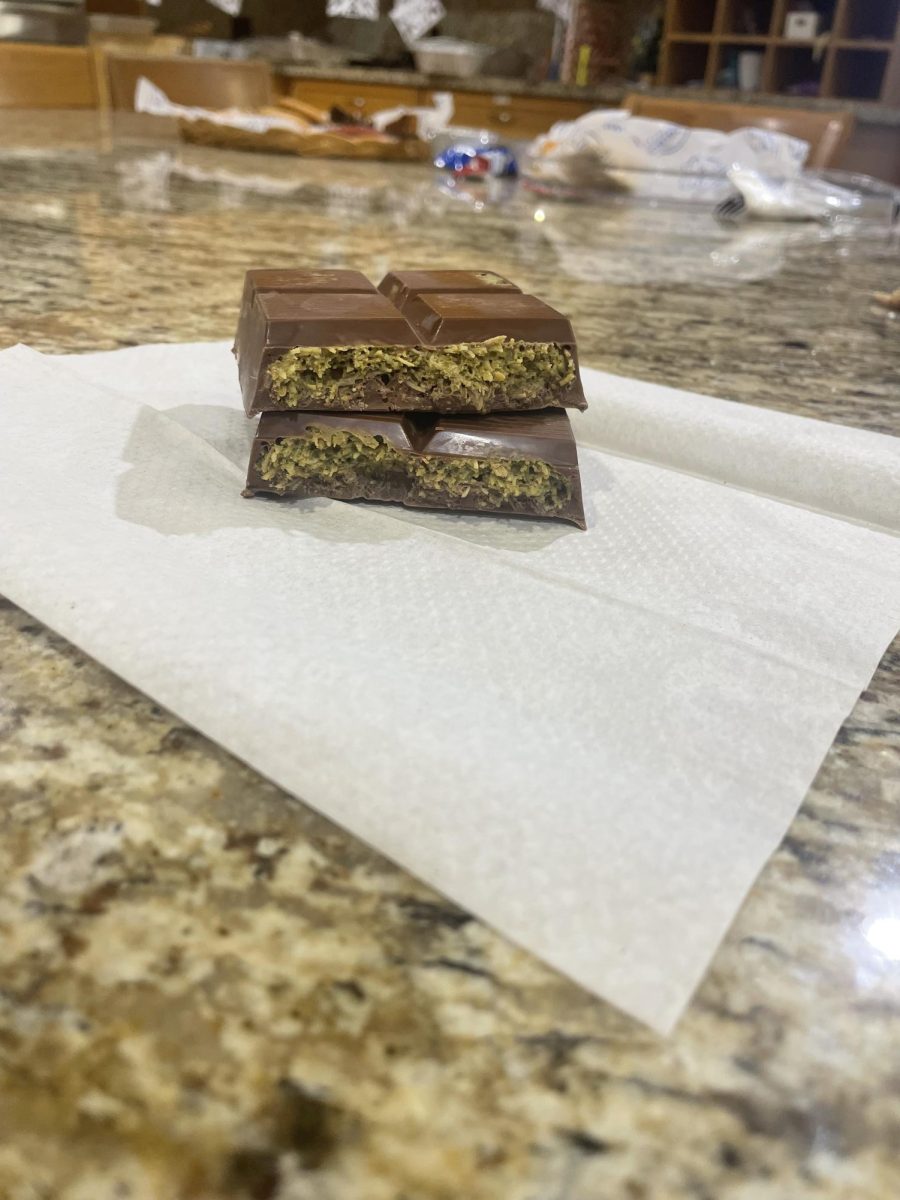





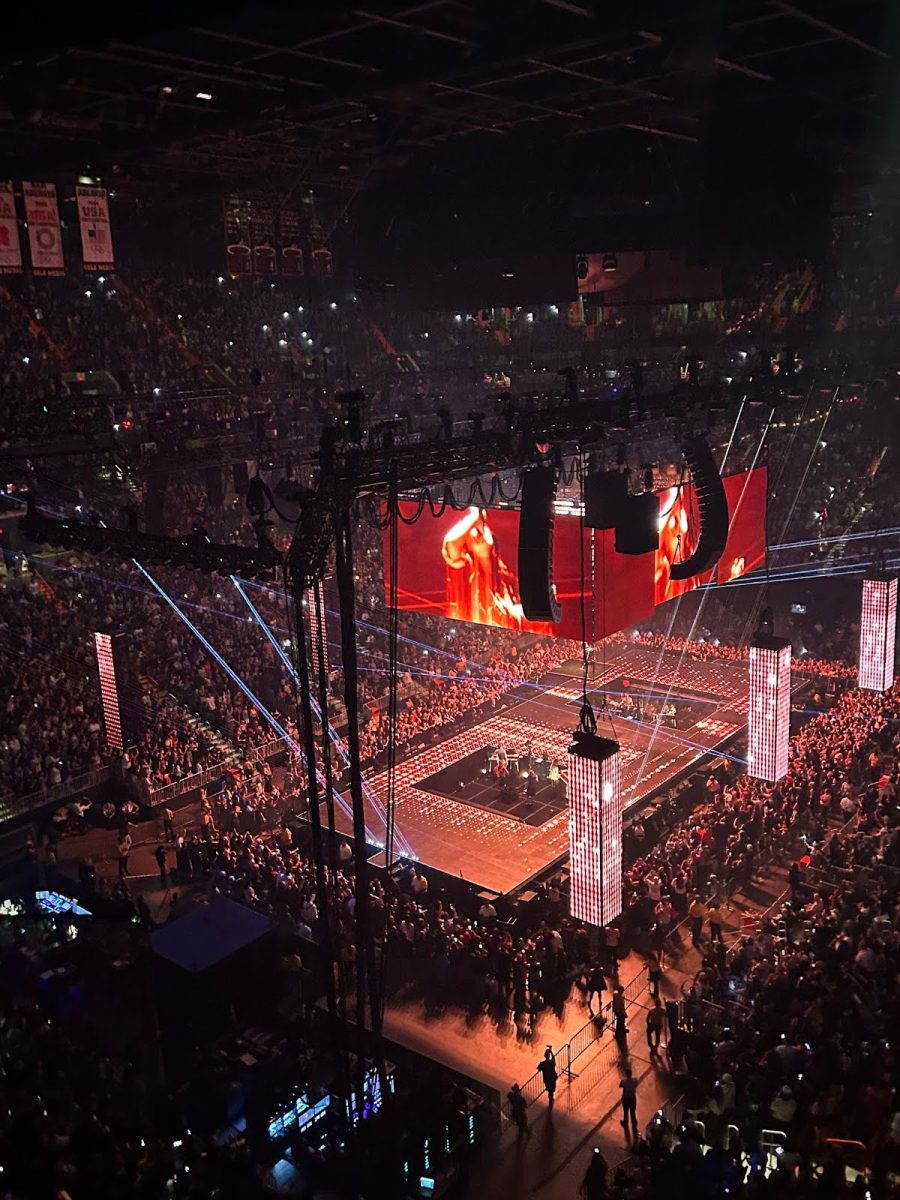




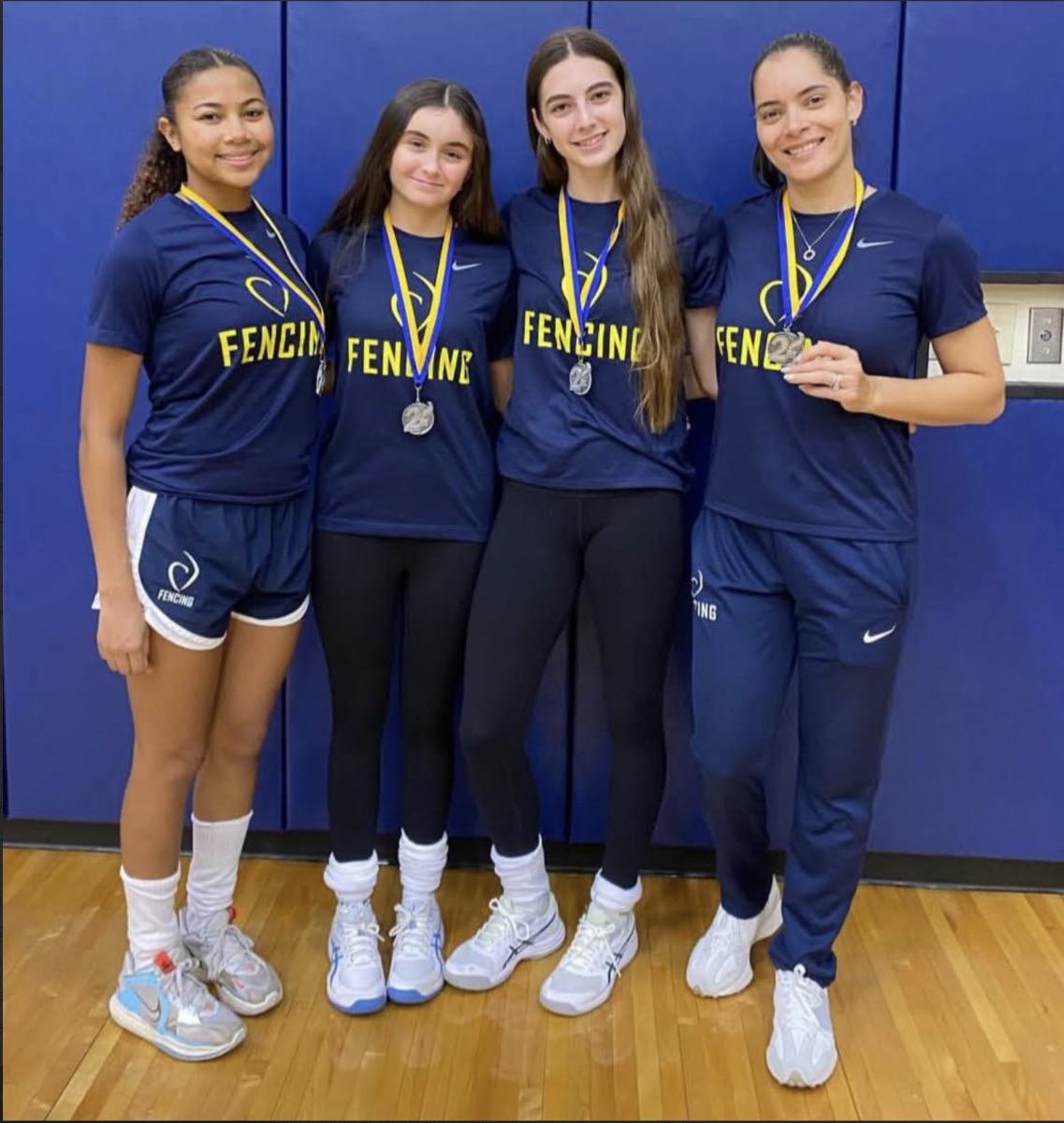
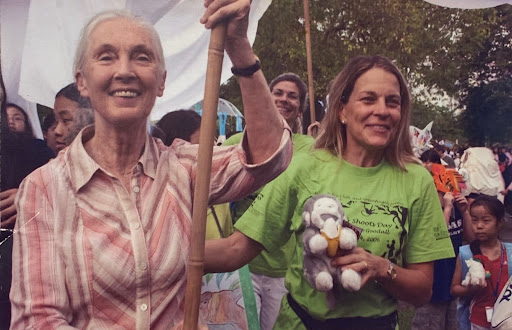
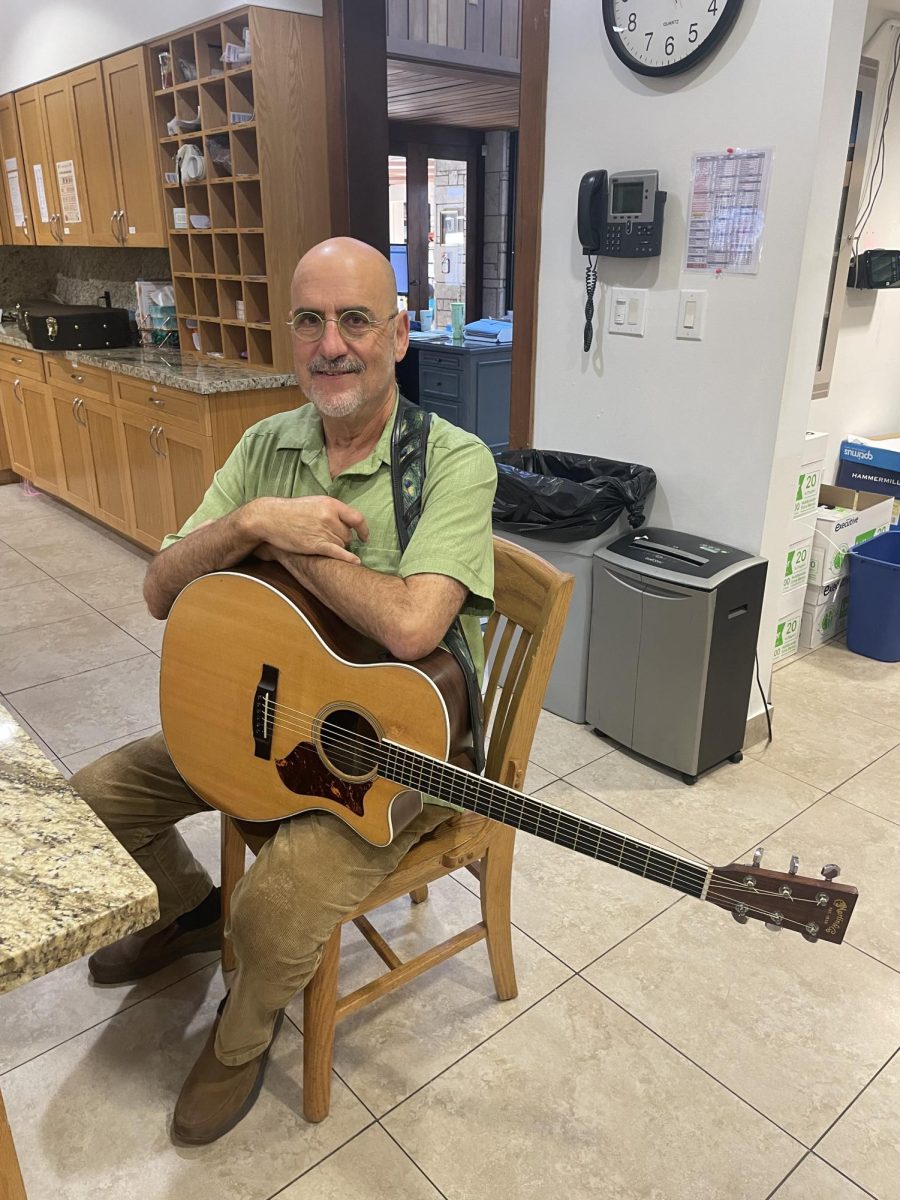

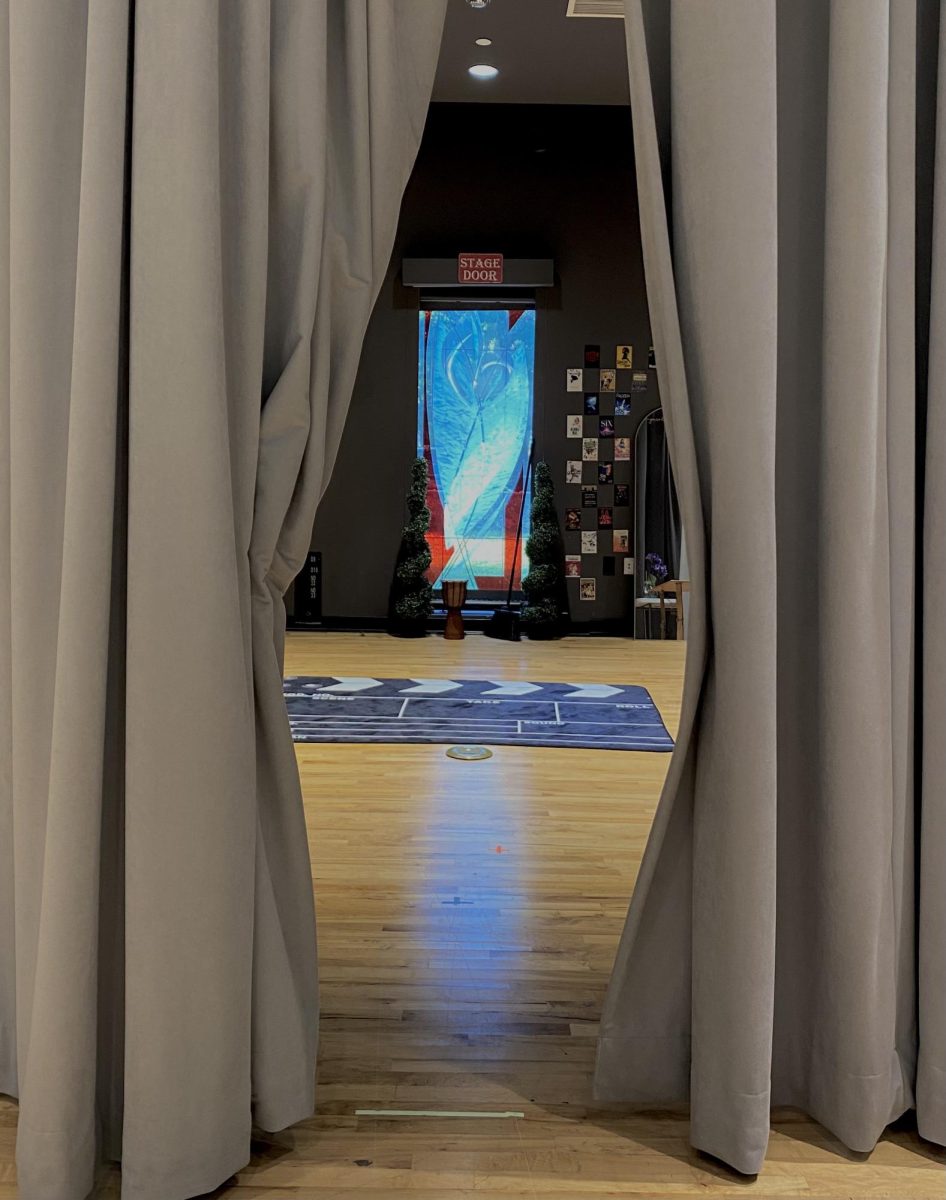
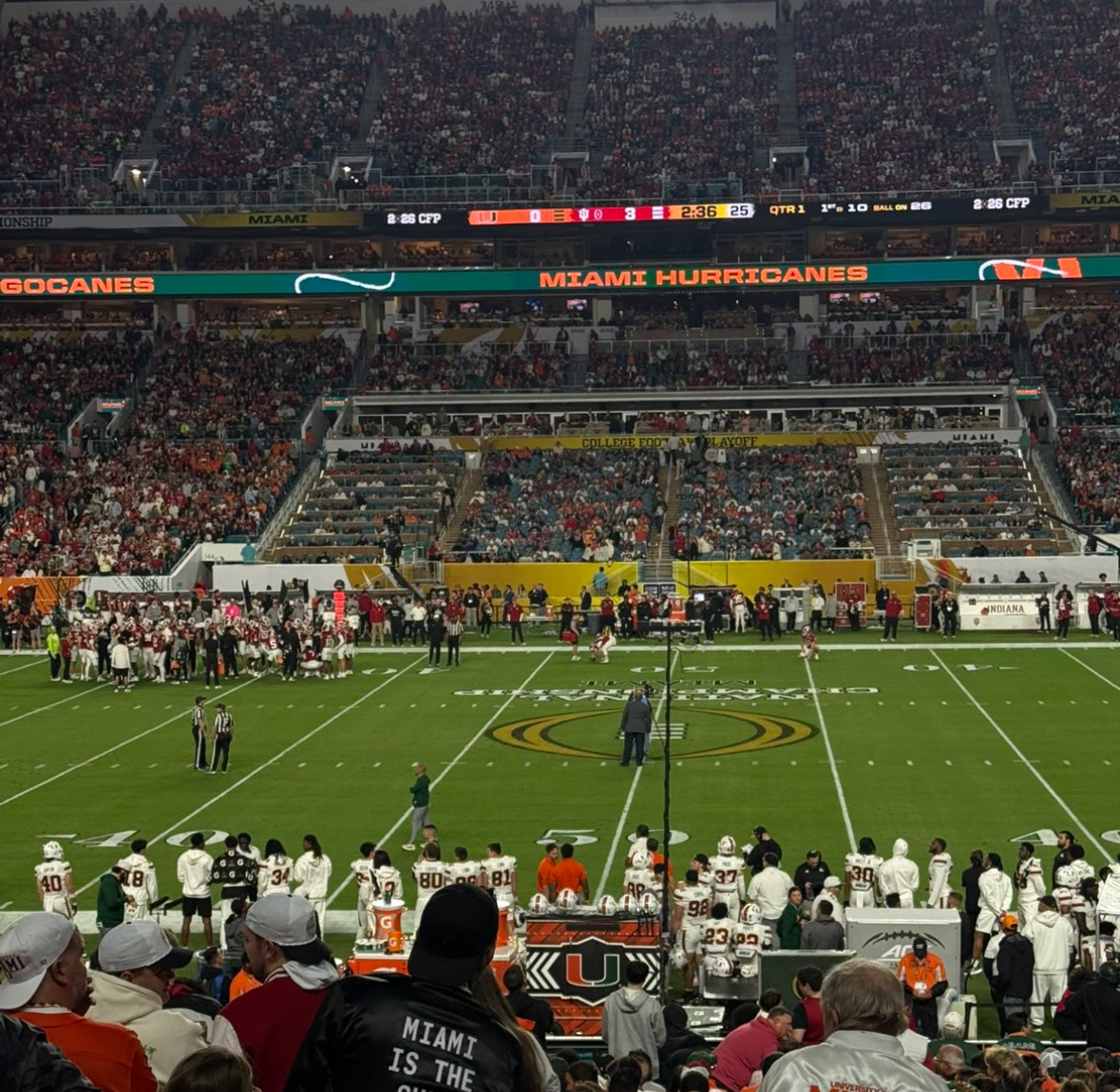

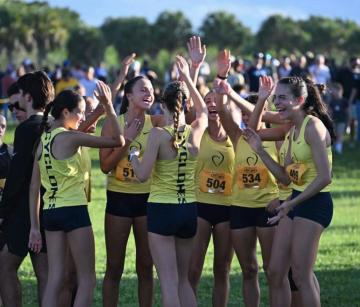

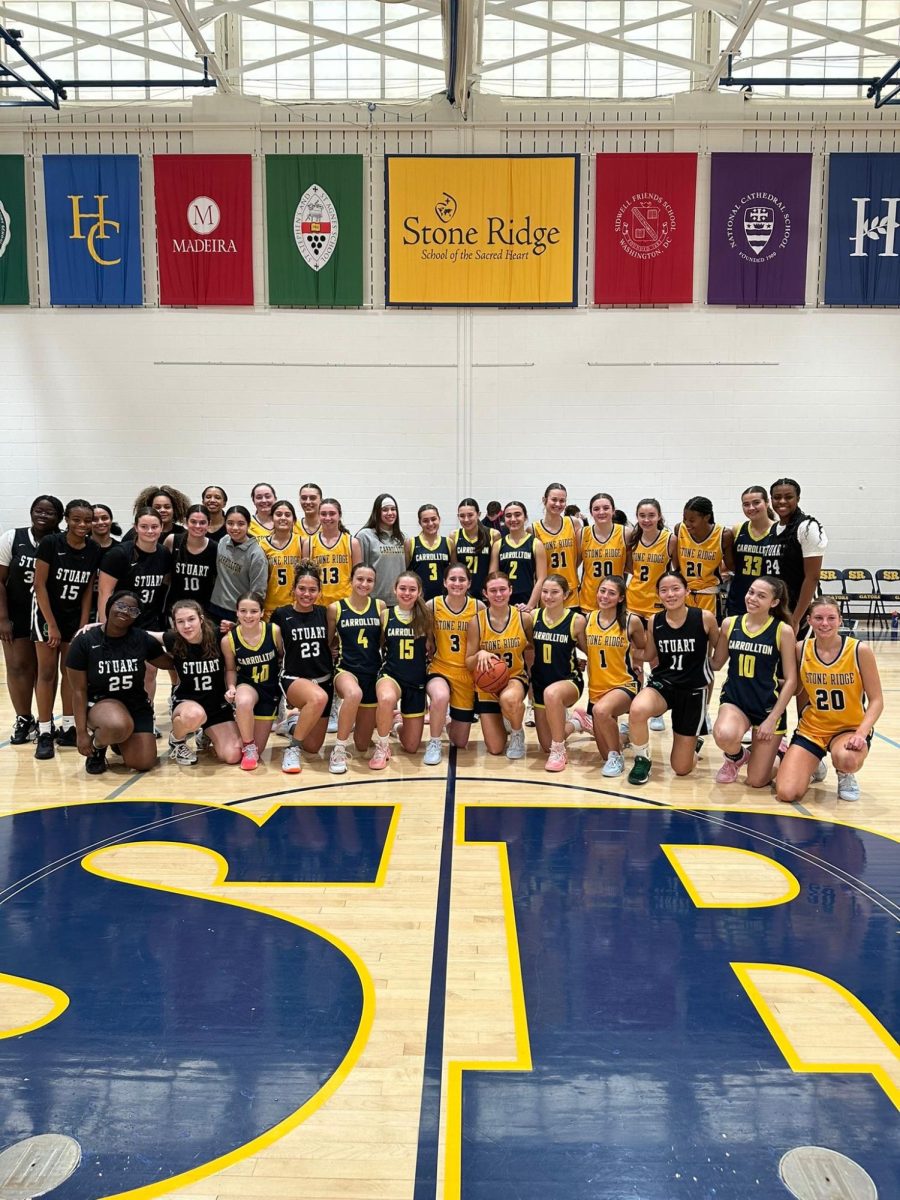





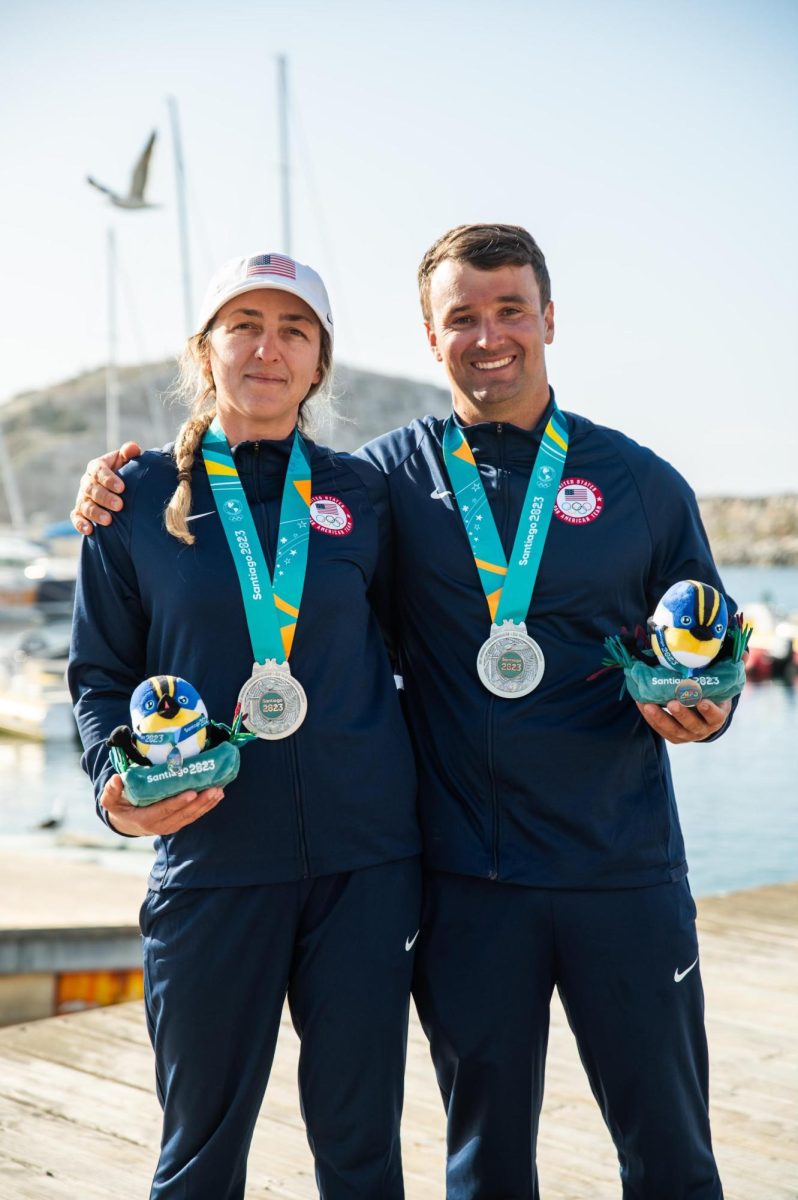
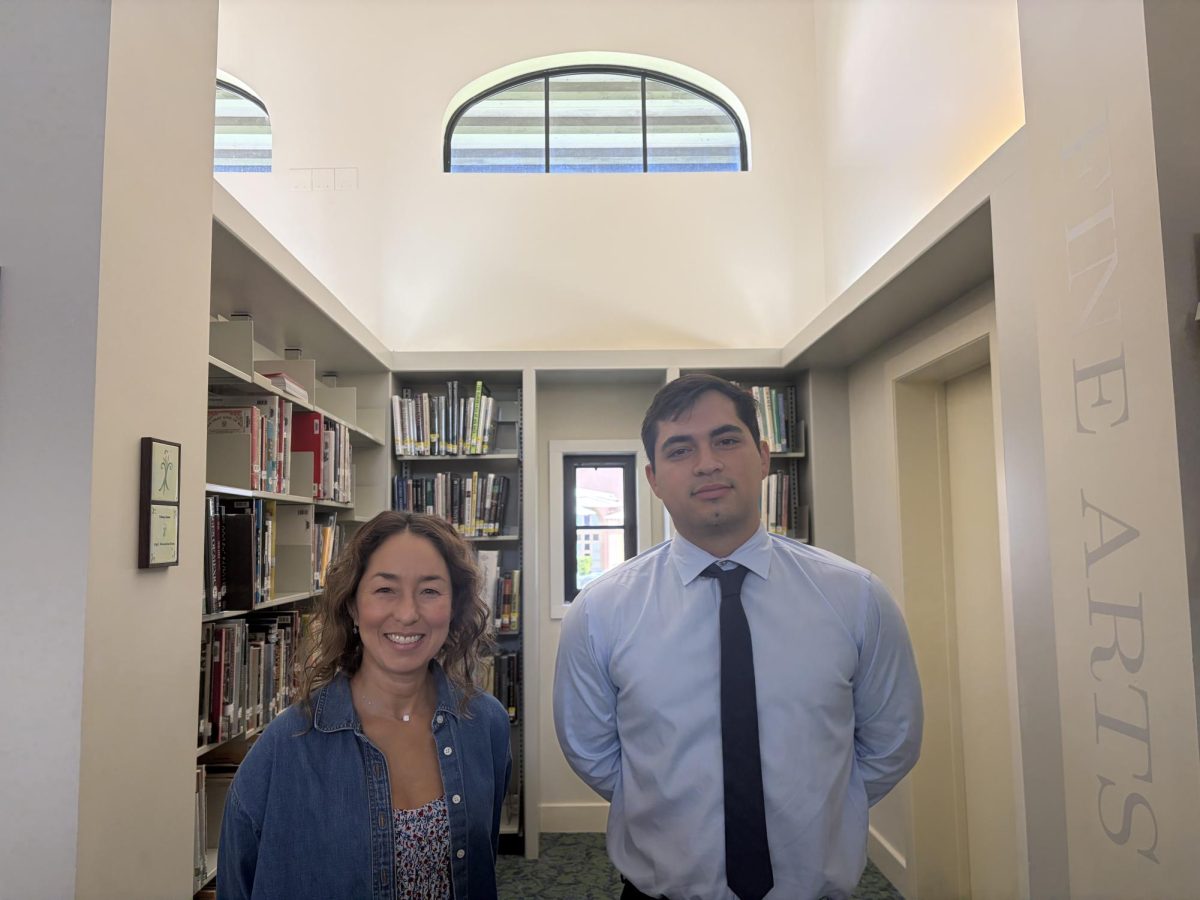
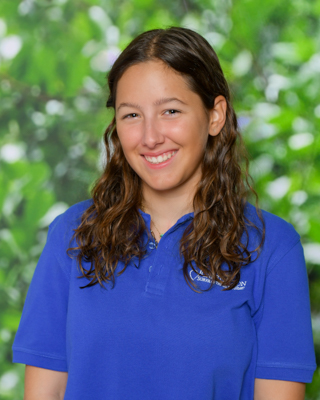
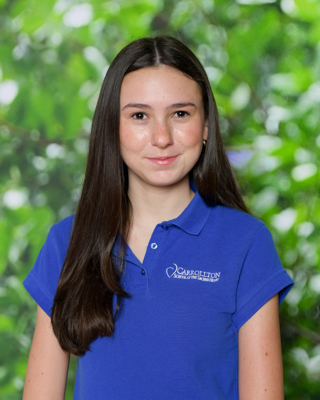
Liliana Loretta • Nov 23, 2024 at 10:36 pm
So cool Coco!! Sailing is much harder than it looks, this is an inspiring article.